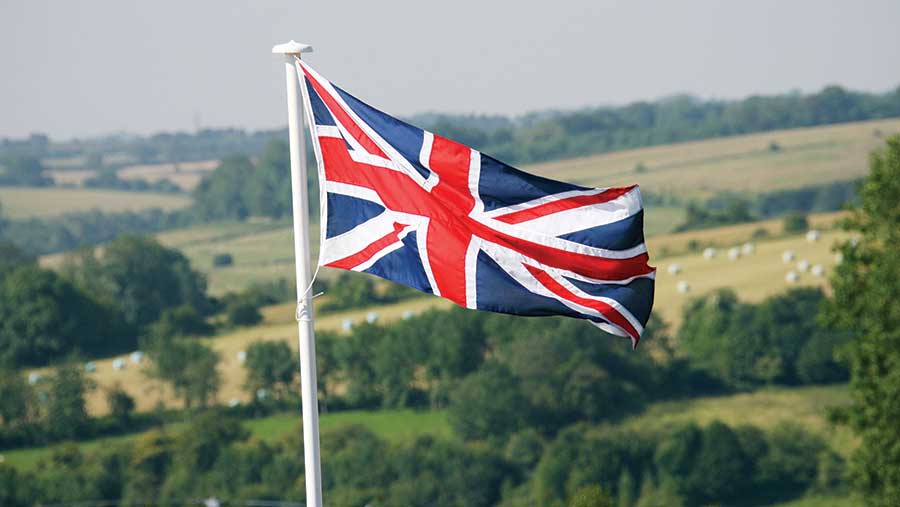Opinion: No need for farmers to fear life after Brexit
 © Rex/Shutterstock
© Rex/Shutterstock As Brexit approaches, the volume from those who oppose the democratic decision of this nation to leave the European Union gets louder and louder.
We’ve heard a lot from two former prime ministers in this debate. One is John Major, the man who pushed the Maastricht Treaty through parliament, laying the foundations for the euro and significantly expanded cooperation between European countries.
See also: No-deal Brexit risks flood of imported chicken
The other is Tony Blair, the man who led this country into a war based on alleged misinformation. They make an interesting pair, neither keen on the outcome of a democratic referendum, to which all parties agreed to abide.
Then we come to the EU itself. Rocked by the decision of our people to leave the EU, they seem bent on extracting every last penny, every last concession. Clearly some have a desire to “punish” the UK.
Free-trade treaty
The EU has recently developed a free-trade treaty with Canada that doesn’t involve Canada abiding by the core rules of the EU but has abolished 98% of all tariffs. Why can we not have a similar arrangement?
Let us remember that the UK’s trade is already growing with the outside world. Some 55% of our exports go to non-EU countries. The world of growth is not the EU, but the Americas, the Pacific Rim, Africa, India and China.
I’m forever told that “no deal” will be a disaster for our great farming industry. Why? Will the EU demand for sheepmeat fall to zero after we leave? No. But what may change is the EU charging a whacking great tariff on it.
If that is to be the case, then we need to be ready. We need to plan on transitional aid for our sheep sector and others that are affected in this way. We also need to bolster our national marketing budget, give AHDB the means to go out into the world and sell those products that are displaced.
But it’s not all one-way traffic. Will the Spanish salad growers not want to sell us their fresh salad crop, the French their cheeses, the Dutch their pork and bacon, and the Irish their beef, milk and horses? Of course, they will and, even in a no-deal scenario, they will not want to see us impose our own tariffs on them.
CAP
As I went around the country during the referendum, I heard people talking about the need for freedom from the rigours of the CAP; the need to develop an agricultural policy more in tune with our way of working, our environment and our standards. Currently, we only produce 60% of our food, compared to 75% in the early 1980s. What an indictment of the CAP and what an opportunity for the industry.
Since the referendum, I’ve seen Defra and its ministers taking every opportunity to get the views of all stakeholders as to how we may develop the sector. Within the department, ideas are being worked up. In my own area of animal health and welfare, we want to see our industry become the world leader.
There is so much we can do, freed from the shackles of the EU – from finding a new TB test to providing help to improve our productivity and competitiveness, and using R&D to improve our means of production.
To be honest, I’m not surprised at the apparent lack of progress in negotiating with the EU. It was ever thus. But at the end of March next year, we are leaving the EU. I hope we part as friends and neighbours, co-operating in trade, security and a myriad of other issues. I have no fear for the future of farming.
